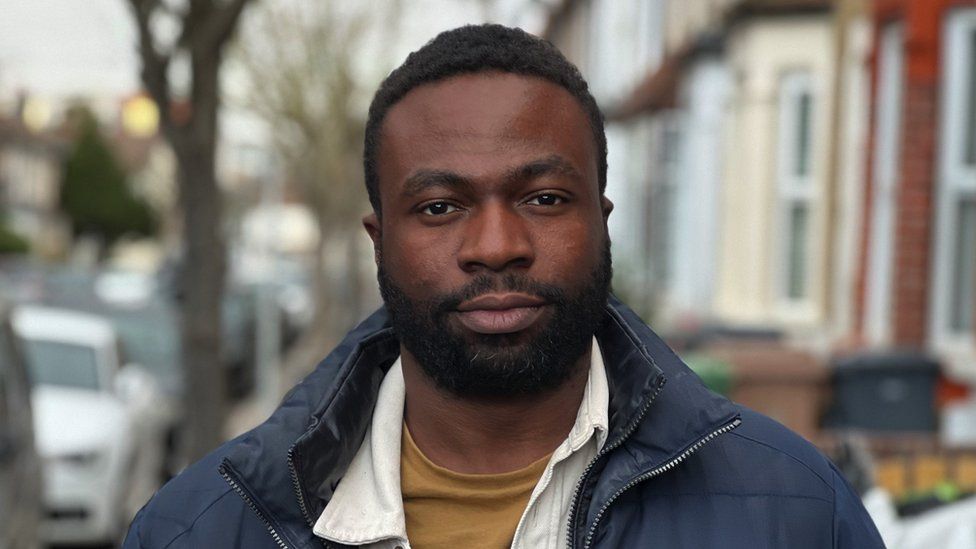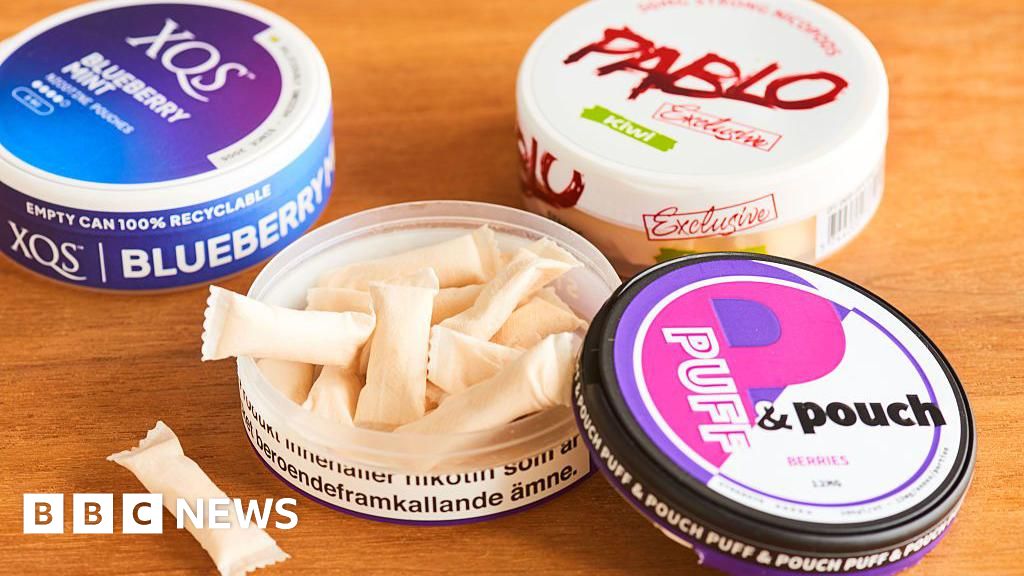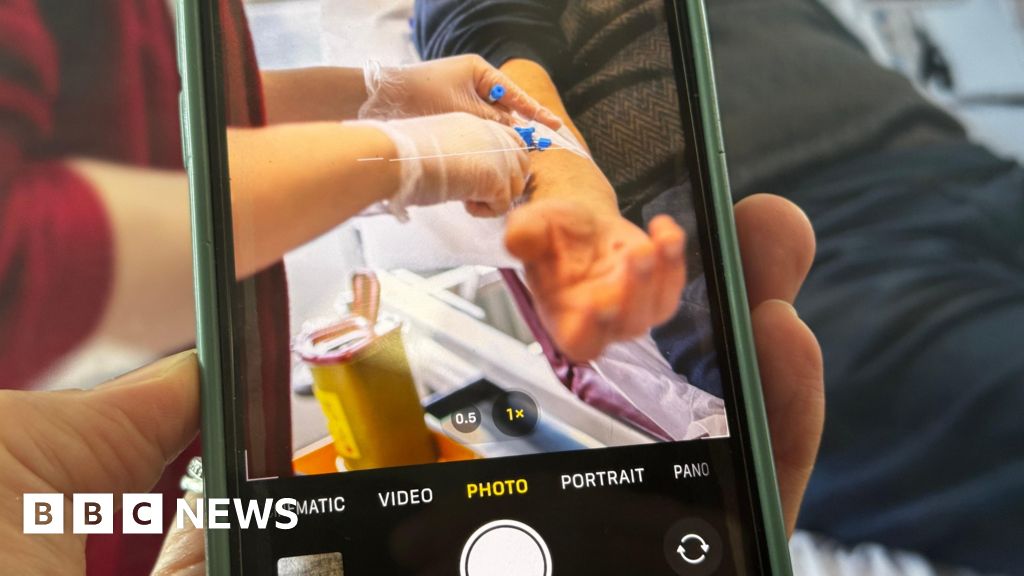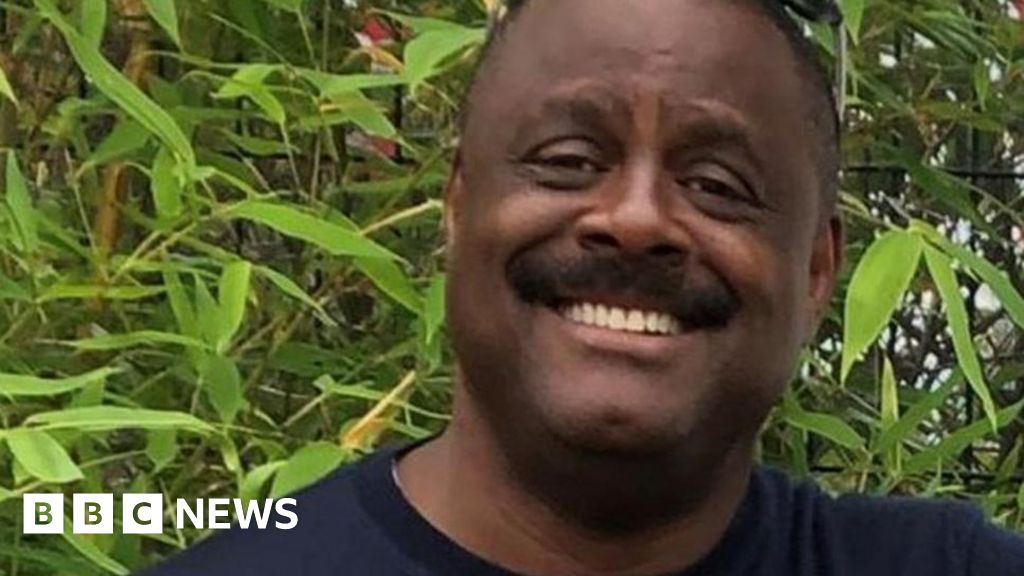ARTICLE AD BOX

Lobby Akinnola believes that race played a part in his father's death from Covid in 2020
By Ashitha Nagesh
Community affairs correspondent
Race should be made a central part of the UK's independent public inquiry into the pandemic, campaigners say.
A letter seen by BBC News, sent to the chairwoman of the Covid-19 inquiry, calls for it to look at "racism as a key issue" at every stage.
An inquiry spokesperson said the unequal impacts of the pandemic would be at the forefront of its work.
People from ethnic minority backgrounds who lost loved-ones during the pandemic also told BBC News they felt "sidelined" by the process so far.
The letter to Baroness Hallett, who is chairing the inquiry, has been co-ordinated by the group Covid-19 Bereaved Families for Justice and race equality think tank Runnymede. It calls for ethnic minority communities to be "placed firmly at the centre" of the inquiry.
It has been signed by 26 other organisations - a mix of equality campaigners, such as the Joint Council for the Welfare of Immigrants and the Ubele initiative, and health bodies, including the NHS BME Network and London-based Guys and St Thomas's Foundation.
The letter has been sent ahead of a preliminary hearing on Tuesday, which is looking at the role of the healthcare system in the pandemic.
The inquiry will begin hearing evidence in June. Before then, preliminary sessions are being held to agree which issues should be examined in each section of the inquiry.
'We've seen it first-hand'
The Covid inquiry told BBC News that it is committed to looking at inequalities, and that their impact on the pandemic will be at the forefront of its investigations.
For those who've lost family members, this promise to look at inequalities generally doesn't go far enough. They believe ethnicity should be examined separately.
Lobby Akinnola, whose father, Femi, died with Covid in April 2020 at the age of 60, said "there's no way [race] couldn't have" played a role in his dad's death.
His father was a regular gym-goer, with no underlying health conditions, he said.
Lobby's father, Femi, was a 60-year-old regular gym-goer with no underlying health conditions
"He was a black man in England," Lobby said.
"Racism is pervasive in every aspect of life. My dad really highlights why it's so important to look at this as a systemic and structural problem, because he did everything right."
As a carer, Femi was a "key worker". At the time, people from minority ethnic communities were statistically more likely to be classified as key workers - particularly in people-facing jobs that left them more exposed to the virus.
"He was going to work with his winter gloves and scarves as makeshift PPE. There's nothing more this man could have done to try and stay alive," Lobby said.
At a hearing on 14 February, the inquiry's barrister said looking at racism in the first part of the inquiry - which will examine how prepared the UK was for a pandemic - would be "an impossible task".
The Covid inquiry told BBC News it had instructed "two world-leading inequalities experts" to contribute to the first module.
Lobby wants stories like his father's to be heard in the inquiry "because we've seen first-hand the consequences" of racial inequality.
"As a black man from a black family, it feels like race and the impact that race had in the pandemic has also... just been sidelined, too. It feels like it's more of an afterthought than being a priority for the inquiry."
Image source, Rabinder Sherwood
Image caption,Rabinder Sherwood took part in the listening exercise to talk about the deaths of her parents, pictured
The inquiry has set up a listening exercise to gather people's experiences.
The letter sent to Lady Hallett also alleges that the listening exercise appears to be an "entirely separate process" to the main inquiry.
Rabinder Sherwood, whose parents both died with Covid in January 2021, took part in the exercise two weeks ago by filling in an online survey.
She said the form was "really cold", with some "brutal" questions including: "When did your experience start?" and "When did your experience end?"
After submitting it, she said: "That's it, an abrupt end - thank you, goodbye, no signposting to any support you may need."
Asked about the listening exercise, the Covid-19 Inquiry told BBC News it had appointed specialists in research and communications to "enable thousands of people across the UK to share their experiences of the pandemic".
Jean Adamson says she feels a sense of "betrayal"
Jean Adamson, whose father died in a care home during the pandemic's first wave, said she felt voices like hers have not been heard so far.
She said Lady Hallett had "promised us that bereaved families would be front and centre of the inquiry".
"I feel a sense of betrayal, because that isn't happening. Nobody is listening to us."

 2 years ago
43
2 years ago
43








 English (US) ·
English (US) ·